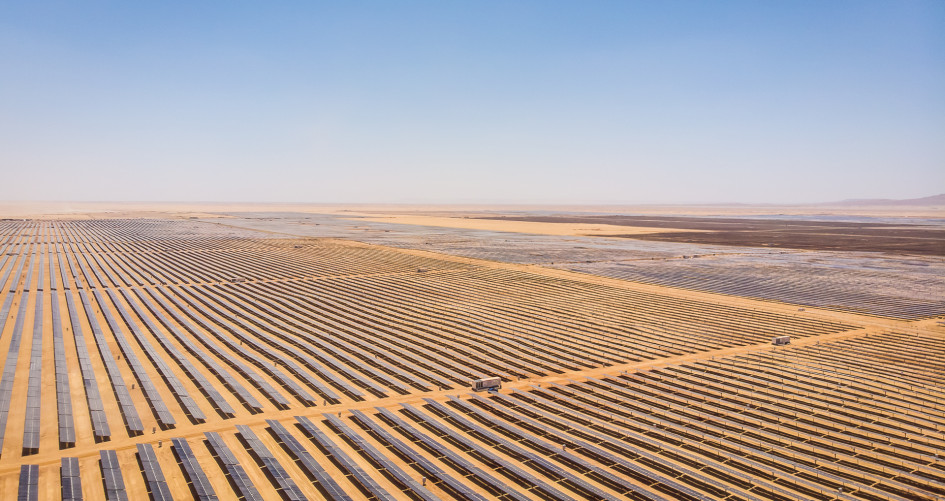UN Climate Change News, 13 April 2022 In the Arab Region, a large gap in climate finance is yet to be closed in order to meet the needs of local populations. Climate finance is essential to allow societies to green their economies and to adapt to the inevitable impacts of climate change, including more and more severe droughts and heat waves brought about by rising temperatures.
According to the Technical Assessment of Climate Finance, finance flows into the region are currently estimated to be between USD 5.1–7.4 billion a year, including international private sector investments, whereas a total of at least USD 436–478 billion is needed to address and cope with climate change up to approximately 2030. This assessment was shared by 13 of the 22 Arab States.
In March 2022, a regional consultation on the “Arab States Climate Finance Access and Mobilization Strategy” took place in conjunction with the first MENA Climate Week held in Dubai, UAE, under the framework of the Needs Based Finance (NBF) project launched by the UNFCCC Secretariat.
Identified priority areas for adaptation include the water and agriculture sectors and coastal zones. Priorities for measures to cut greenhouse gas emissions include energy efficiency, renewable energy, public transport systems and waste management.
Stakeholders who participated in the consultations included representatives from Arab countries’ governments, private sector entities interested to invest in the region, and intergovernmental organizations.
Dr. Yasmine Fouad, Minister of Environment of Egypt, addressed the urgent need to scale up climate finance for the region. She also emphasized on the importance of prioritizing the region’s adaptation needs through grant-based financing.
Ms. Rola Dashti, Executive Secretary of Economic Commission for Western Asia (UNESCWA) highlighted challenges of financing climate action as the latter competes with other demands on the public and private purse.
She said: “Countries are facing fiscal constraints as budgets have been reallocated to respond to the global health emergency. Oil prices have fluctuated from negative figures to over US$120 a barrel. The albatross of food import dependency has reared again its head as the Russian-Ukrainian crises rages on, pushing Arab States to reconsider again their food production priorities”.
Discussions focused on the importance of limiting the region’s debt burden as it has proven unmanageable to solve Arab countries’ crisis. Experts also talked about the key role played by private sector actors to catalyze climate investments in the region, and about the role of governments in securing an enabling business environment. Capacity-building and regional cooperation were viewed as key needs to enhance access to climate finance in the region.
Outcomes of this consultation meeting will flow into the “Arab States Climate Finance Access and Mobilization Strategy”, which will be formally launched during COP27 in Sharm El Sheikh.
About the Needs Based Finance project
The Needs Based Finance project aims at facilitating access to and mobilization of finance for the implementation of priority mitigation (cutting emissions) and adaptation projects that meet the needs identified by developing countries. The project follows a tailored regional approach that consists of assessing climate finance flows and needs, developing a strategy and a project pipeline, and mobilizing climate finance to match the regional priorities with funds. Further information on the NBF project is available at here.
